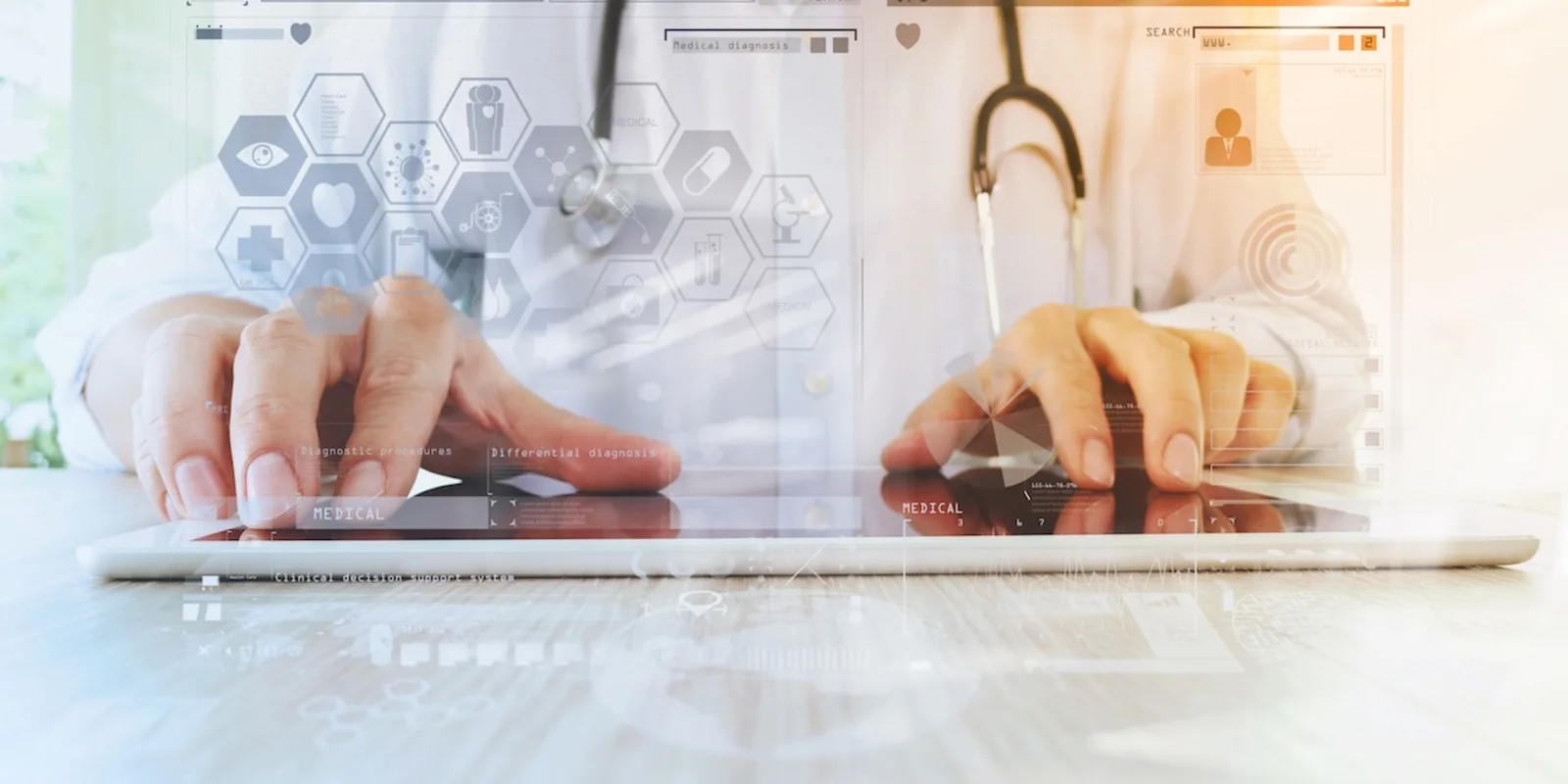
“Change is mandatory for extraordinary results.”
As people have grown more attached to their phones, there has been an explosion of applications available to keep people connected 24/7. We often condemn this strong attachment to phones and label this as “dependency,” but is it possible to use this wireless technology to care for our patients?
Instead of using phones to relay results and schedule appointments, we can have patients exert more agency over their health through this use of technology. Gone are the days of paternalism. Patients need to have ownership over their health and what better way then to keep them engaged through advancing technology.
However, physicians don’t have endless time and cannot remain connected 24/7. We need to develop innovative ways to have technology help us rather than hurt us. Most of the discussion surrounding electronic medical records (EMRs) and increasing data has been negative with little light at the end of the tunnel, but I hope to change the direction of the conversation.
Part of the reason that EMRs have been so negatively received may be due to the current healthcare system not keeping up with the rapid change in technology in the face of the exponential increase in patients needing to be seen.
Medicine has a long tradition of being slow adapters to change for good reasons. While the lives of patients are at stake, medicine needs to proceed cautiously before making drastic changes. You have to make sure that the technology is safe and will have a positive impact on patient outcomes. You want to make sure that the new technology will not endanger the lives of the patients you are taking care of and that patient information remains secure.
My focus on healthcare delivery has been motivated by my interest in physician burnout. Unfortunately, there has not been much progress made in terms of how to tackle this problem. Some have thought that major contributors to burnout have been the volume of work and loss of patient connection. There has been a tremendous amount of time taken away from patient interactions and increased investment in administrative work and documentation mainly for reimbursement reasons. The beauty of medicine lies in the care of patients and maybe to restore this it will require that we make technology work for us instead of against us.
We cannot ignore that technology is changing the world we live in. We need to find ways to make documentation and billing more efficient. Notes are important ways to communicate with one another about patient health problems and management, but it should not take twice as much time to document as it does to see the patient. (One study showed that for every 1 hour spent seeing a patient, physicians spend 2 hours on documentation.)
In order for us to employ changes in our workflow, we need to have physicians involved in the development of these systems. A recent study by Kaiser showed that when physicians were superusers of the electronic healthcare system and trained properly, they were able to show other physicians shortcuts that saved time during the day. It is estimated that physicians saved 4–5 minutes per hour, totaling about 40 minutes per day.
Imagine the possibilities if physicians were involved in the development of electronic health care records and incorporation of technology into our daily workflow and not just superusers. There have been efforts to create such a collaboration. One example is the emerging collaboration between Stanford University, Duke University, Scripps Translational Science Institute, Massachusetts General Hospital, and the University of California, San Francisco to develop and test an environment for digital health technology.
We need to provide time and incentive for physicians to participate in these endeavors. The investment in technology has not always been seen as a worthwhile use of the physicians’ time. However, if we want to be able to see the growing volume of patients and do this with as little impact on the patient-doctor relationship as possible, we will need to restructure how we deliver care. This not only means in the office but also diversifying delivery of care via telemedicine and phone calls. Of course, this does not mean we will sacrifice seeing patients in the office, but this may not be what all patients need.
As physicians, we need to be open to change. This can be difficult for us as a group, as we are very accustomed to doing things a certain way and finding comfort in moving seamlessly through a healthcare system we understand and know. But maybe the best thing we do for ourselves as a profession is to embrace advancements in healthcare delivery technology. The impact of technology should not be limited to the management and treatment of disease, but also in how we organize and deliver medicine.
Dr. Fola Babatunde is a Cardiology fellow at the Washington University School of Medicine in St. Louis. She graduated from Harvard Medical School and completed her residency at Duke University Medical Center.
Dr. Babatunde is a 2018–19 Doximity Author.






